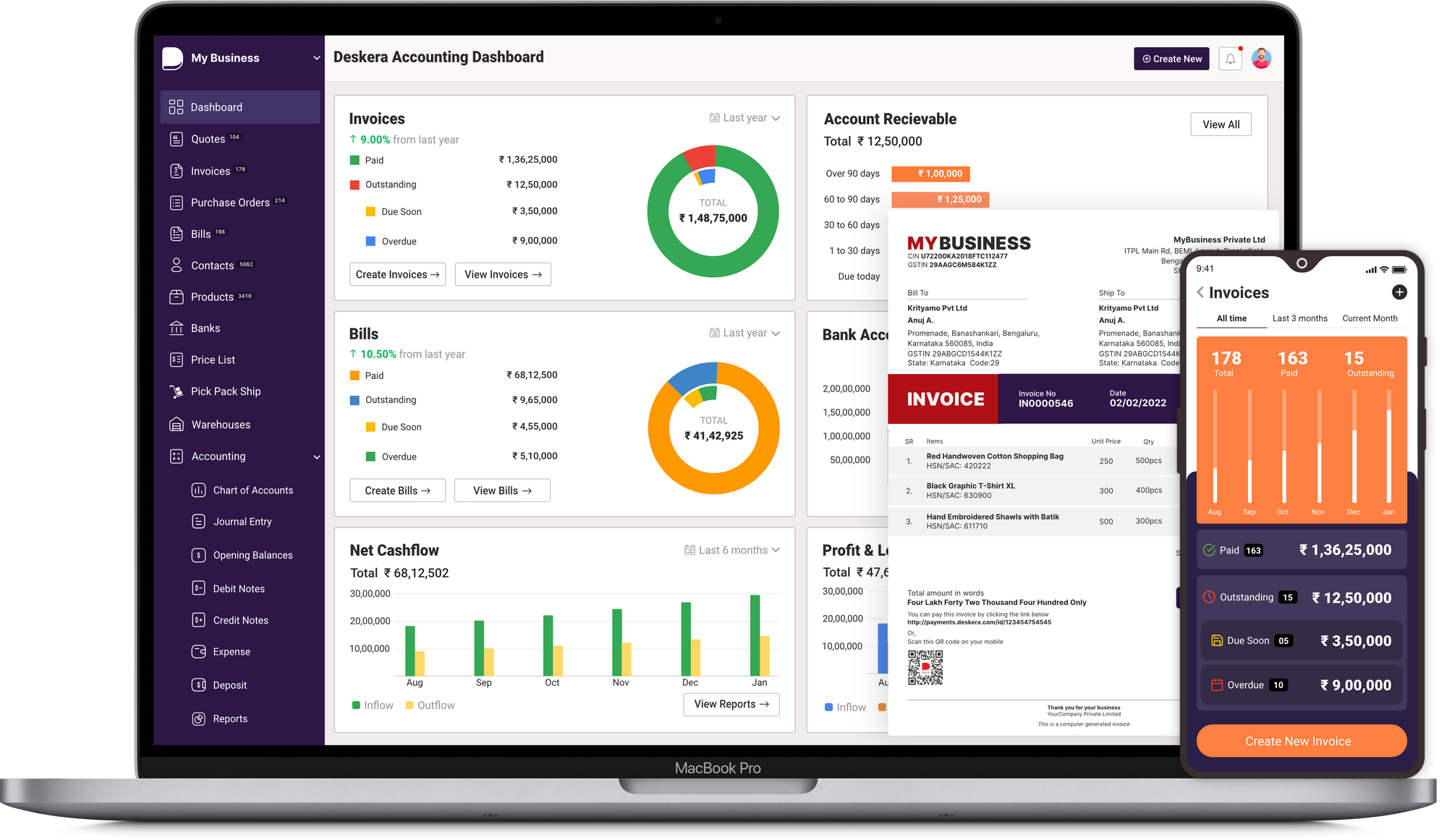A value proposition is an important part of any business strategy, as it helps to clearly articulate the benefits that a company can provide to its customers. It sets the business apart from competitors and helps potential customers understand why they should choose the company over other options.

A strong value proposition can be a powerful tool for establishing trust, building relationships, and ultimately driving sales. A strong value proposition can be a powerful tool for establishing trust, building relationships, and ultimately driving sales.
This article covers the following:
-What is a Value Proposition?
-Benefits of a Clear Value Proposition
-The Role of Value Propositions in Business
-Examples of Successful Value Propositions
-Differentiating Your Value Proposition
-Assessing Your Value Proposition
-Tips for Writing a Value Proposition
-Creating a Unique Value Proposition
-Leveraging Your Value Proposition
What is Value Proposition?
The value proposition is a statement that outlines the specific benefit or value that a company, product, or service provides to its customers. It is a promise of value to be delivered and a belief from the customer that value will be experienced.
It is the primary factor that differentiates a company from its competitors, making it the cornerstone of a successful marketing strategy. A strong value proposition should be easy to understand, concise, and clearly communicate the benefits that a customer can expect to receive when they purchase your product or service.
It should also be tailored to the needs of the customer so that they can easily identify how the product or service can meet their needs. The value proposition is important for any business, regardless of size or industry, because it is used to attract, retain, and engage customers.
It is an effective way to differentiate your business from the competition and attract customers who are looking for the particular benefits that your product or service offers.
Additionally, it can be used to create customer loyalty, as customers who have a positive experience with your value proposition are likely to return and recommend your business to others.
Ultimately, the value proposition should be the core of your product or service, as it shows customers why your offering is worth their money. By creating a compelling value proposition, you can encourage customers to choose your product or service over others.
Benefits of Clear Value Proposition
A clear value proposition can be incredibly beneficial for any business or organization. It provides a concise statement that explains why customers should choose your product or service over your competitors.
It helps you focus on the benefits that set your product or service apart from the competition, and it helps you convince potential customers to choose your product or service.
A clear value proposition can also help you make decisions on product development, marketing, and pricing. It can help you determine which features to prioritize and which marketing tactics to use to reach your target customers.
It also helps you set a competitive price point that will attract customers and maximize profits. Finally, having a clear value proposition can help you build brand loyalty and trust.
When customers know what makes your product or service unique and why it is worth their money, they are more likely to become repeat customers. This is because they know they can trust in the value of your product or service.
Role of Value Proposition in Business
A value proposition is a statement that clearly communicates the value of a product or service to potential customers. It is a key part of any business’s marketing strategy, as it helps to differentiate the company from its competitors.
A value proposition should be concise, easy to understand, and clearly explain what makes a company’s product or service better than the competition. The role of value propositions in business is to help companies stand out from their competitors and attract customers.
A value proposition should be unique and of benefit to the customer. It should highlight a product's or service's features and benefits that make it attractive to potential customers and emphasize the company’s competitive advantages. A well-crafted value proposition helps to create a positive impression of a company and makes customers more likely to purchase their products or services.
It should be used in all forms of marketing, from website content to advertising. Companies should also use their value proposition to inform their product development and customer service strategies, as it can help them to better understand customer needs and develop products and services that meet those needs.
Overall, value propositions play an important role in helping businesses to stand out from their competitors and attract new customers. They should be used to communicate a product's or service's unique features and benefits and highlight the company’s competitive advantages. By doing this, companies can create a positive impression of their brand and increase customers' likelihood of purchasing.
What are Some of the Examples of Value Propositions?
A successful value proposition is one that clearly communicates the benefit of a product or service to a customer and provides a compelling reason for them to purchase it. Examples of successful value propositions include
1. Amazon Prime: "Free two-day shipping and access to exclusive content, movies, and TV shows."
2. Uber: "Ride anywhere, anytime, with no need to worry about parking or waiting in line."
3. Airbnb: "Stay in unique places around the world, and make money by renting out your space."
4. Dropbox: "Store, sync, and share your files from anywhere."
5. Slack: "Connect and communicate with your team in real-time, from anywhere in the world."
6. Spotify: "Listen to any song, anytime, anywhere."
7. Netflix: "Unlimited streaming of movies and TV shows for one low monthly price." 8. Adobe Creative Cloud: "Access the world's best creative tools, all in one place."
8. Adobe Creative Cloud: "Access the world's best creative tools, all in one place."
How to Differentiate Your Value Proposition?
Your value proposition is what sets your business apart from your competitors. It’s the unique benefit that you offer customers that they can’t get from anyone else. To differentiate your value proposition, you need to understand your customers’ needs and wants and then make sure that you’re giving them something that your competitors aren’t. Here are some tips to help you differentiate your value proposition:
Analyze your competitors
Spend some time researching your competitors and understanding what they offer. What do they have that you don’t? What are their strengths and weaknesses? This will help you identify areas where you can stand out and focus on to differentiate your value proposition.
Identify the customer’s problem
Figure out what your customers are looking for and what problems they are trying to solve. This will help you better understand their needs and wants and come up with a value proposition that is tailored to address their specific needs.
Make it unique
Make sure that your value proposition is unique and not just a copy of what your competitors are doing. Think outside the box and come up with something that is creative and original.
Focus on customer experience
Make your value proposition focused on the customer experience. Create a value proposition that is tailored to the customer’s needs and wants and that makes the customer’s life easier.
Make it measurable
Make sure that you can measure the success of your value proposition. This will help you track progress, adjust your strategy, and make sure that you’re delivering on your promise.
Promote it
Promote your value proposition and make sure that your customers are aware of it. This will help you stand out from your competitors and make sure that your customers are getting the best value from you.
How to Assess Your Value Proposition?
When considering how to assess your value proposition, it is important to consider the following key points:
Identify your target customers
Who are your customers, and what do they need? Make sure to understand their needs and wants before creating or refining your value proposition.
Identify your customer’s pain points
What problems can you solve for your customers? Determine which of your products or services can best address their needs and make them stand out from the competition.
Analyze your competitors
What are your competitors offering? Make sure to research their offerings and compare them to yours.
Define your unique selling points
What makes your products or services unique? What sets them apart from the competition?
Test your value proposition
Create a survey or focus group on gauging how customers perceive your value proposition. This will help you determine whether your message is resonating and if there are any areas that need to be improved.
Measure your success
Track metrics such as customer retention, customer satisfaction, and customer lifetime value. This will help you determine whether your value proposition is effective and if it needs to be adjusted. These steps will help you assess.
What are the Tips for Writing a Value Proposition?
Here are some of the tips for writing a value proposition:
Identify your target audience
Understanding who your target audience is and what problems they are looking to solve can help you create a more effective value proposition. Identify the main benefits of your product/service: Think about why your customers should choose your product or service over the competition. What makes you unique?
Keep it simple and easy to understand
Make sure your value proposition is clear and succinct. Avoid complex language and jargon. Make it actionable: Use language that encourages action. For example, "get a free trial today" or "save 20% on your purchase".
Use visuals
A visual element can help your value proposition stand out. Consider using an image, graphic, or video to capture attention. 6. Test and refine: Once you have created your value proposition, test it out. Gather feedback from customers and make adjustments as needed.
How to Create a Unique Value Proposition?
Creating a unique value proposition (UVP) is essential for any business, as it communicates the key benefits and advantages of your products or services to potential customers.
It’s a statement that is used to differentiate your offering from others in the market and should be the foundation of any marketing or communications strategy. Here are some steps to help you create a UVP that sets your business apart from the competition.
Step 1: Identify Your Target Audience
The first step to creating an effective UVP is to identify who your target customers are. What are their needs? What problems do they have that your products or services can solve? What do they value most in a business? Knowing this information will help you craft a UVP that speaks directly to your target customers and resonates with them.
Step 2: Analyze the Competition
Take a look at your competitors to see what they are offering. How do their products or services compare to yours? What advantages do they have over you? This information will help you identify what sets your business apart from the competition and what unique benefits you can offer that they don’t.
Step 3: Highlight Your Unique Benefits
Once you’ve identified your target audience and analyzed the competition, you can begin to craft your UVP. Focus on the unique benefits your products or services offer that the competition doesn’t. This could be anything from faster delivery times to better customer service or even a unique feature that you offer.
Step 4: Make Your UVP Actionable
Your UVP should be actionable and give customers a reason to choose your business over the competition. Think about how you can make your UVP stand out from the competition by using clear and concise language that conveys the value of your products or services.
Step 5: Test Your UVP
Once you have crafted your UVP, you should test it out to see how it resonates with your target customers. Ask them to read your UVP and provide feedback on what resonates with them and what could be improved. This will help you refine your UVP and make sure it is delivering the right message.
Creating a unique value proposition is essential for any business as it communicates the key benefits and advantages of your products or services to potential customers.
By following the steps outlined above, you can create an effective UVP that sets your business apart from the competition and resonates with your target customers.
How to Leverage Value Proposition?
When creating a value proposition for your business, it is important to understand that it should be a clear, concise statement that explains the value your product or service offers to customers.
Your value proposition should be the cornerstone of your business; it should define your offering, differentiate you from your competitors, and be the primary factor that drives customers to purchase from you.
Once you have created a strong value proposition, it is essential to leverage it to ensure your customers understand its value and are attracted to your company. Here are some tips to help you leverage your value proposition:
Use it in all marketing materials
Make sure your value proposition is front and center in all of your marketing materials, from website content to advertising campaigns. This helps establish your brand identity and ensures your customers are aware of the value you offer.
Utilize customer reviews
Customer reviews are a great way to leverage your value proposition and show potential customers why they should purchase from you. Make sure to include customer reviews in your marketing materials and website content.
Make sure it’s clear
Your value proposition should be concise and easy to understand. If customers can’t understand the value you offer, they won’t be likely to purchase from you.
Focus on the customer
Your value proposition should focus on the customer and the benefits they will get from purchasing from you. Explain how your product or service can improve their lives and make their experience better.
Use it in your customer service
Make sure your customer service team is aware of your value proposition and can explain it to customers. This will help ensure customers understand the value they are getting from your product or service.
Your value proposition can be a powerful tool to help differentiate your business and attract customers. By leveraging it in all of your marketing materials, customer reviews, and customer service, you can ensure your customers understand why they should purchase from you.
How Can Deskera Assist You?
Like every business, we are sure you aim for the skies too, and with Deskera, we can help you achieve your target. The Deskera software will improve your supply chain management in ways you have never seen before. Let us understand what these ways are.

To start with, with Deskera books, you can make your supply chain management a breeze. Manage your sales and orders from start to finish. Create estimates and convert them to invoices upon confirmation. Receive and record online payments automatically. Fulfill orders and keep track of your cost of goods sold.
Take charge of your inventory; now, manage all your inventory through a single dashboard. Whether you're picking, packing, shipping, or even dropshipping, we've got you covered.
Key Takeaways
- The value proposition is a statement that outlines the specific benefit or value that a company, product, or service provides to its customers.
- A clear value proposition provides a concise statement that explains why customers should choose your product or service over your competitors.
- It is a key part of any business’s marketing strategy, as it helps to differentiate the company from its competitors.
- When creating a value proposition for your business, it is important to understand that it should be a clear, concise statement that explains the value your product or service offers to customers.
- Your value proposition can be a powerful tool to help differentiate your business and attract customers.
Related Articles:











